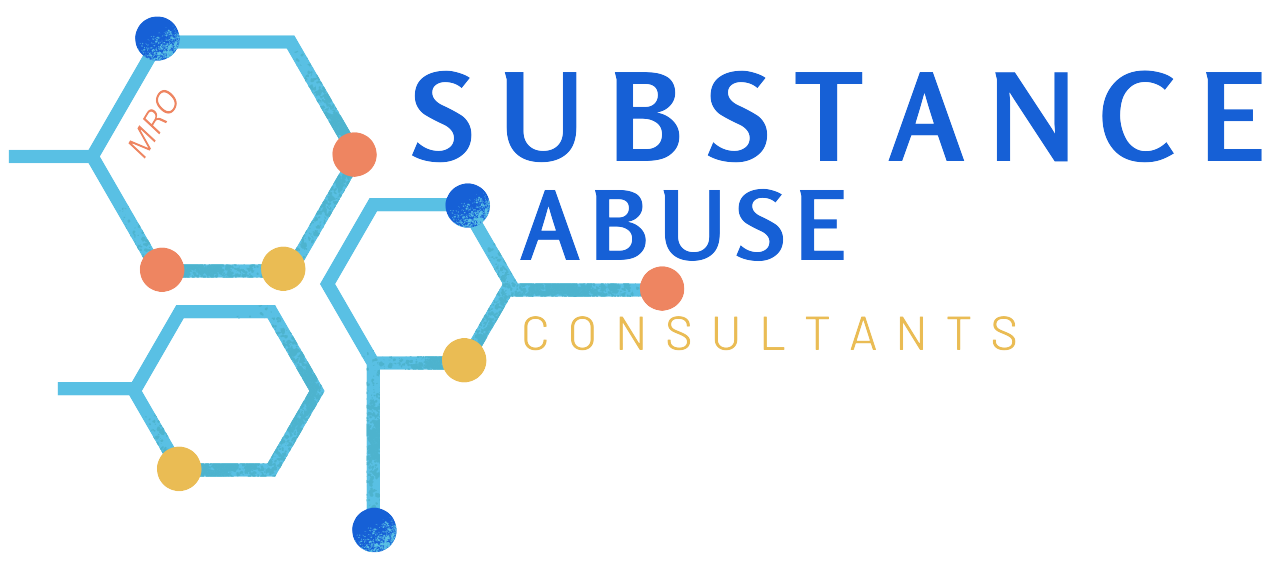
In the high-stakes environment of hospitals and healthcare facilities, the need for a drug-free workplace is paramount to ensure patient safety, maintain operational efficiency, and adhere to regulatory standards. Hospital staff, subcontractors, and all healthcare workers are subjected to drug testing for various reasons, with pre-employment, post-accident, and regular testing being common practices.
1. Why are Drug Screens Necessary for Healthcare Workers?
Drug testing in hospitals and healthcare settings serves multiple purposes. Firstly, it helps in identifying potential substance abuse issues among employees, ensuring a safe and secure environment for patients. It also acts as a preventive measure to deter drug abuse in the workplace, ultimately safeguarding the quality of care provided to patients. By having this information also helps cut down on theft of vital and expensive medication as well.
2. Administration of Drug Screens in Hospitals: Precautionary and Reactive Measures
Hospitals typically conduct pre-employment drug screenings to ensure that new hires meet the required standards of sobriety. Post-accident testing is crucial in cases where an employee is involved in an incident that compromises patient safety or operational integrity. Additionally, regular testing is essential to monitor ongoing compliance with the hospital’s drug-free policies.
3. Challenges and Significance of Drug Testing in Healthcare
Despite the importance of drug testing, hospitals often face challenges in maintaining compliance and managing the logistics of testing a large workforce. Adhering to regulations laid down by agencies like the Occupational Safety and Health Administration (OSHA) and the Substance Abuse and Mental Health Services Administration (SAMHSA) is critical to avoid legal implications and ensure a safe workplace. Companies like Substance Abuse Consultants offers help to hospitals who need to outsource services they are unable to provide due to regulations that require an offsite and impartial service provider to assist in the drug testing.
4. Consequences of Substance Abuse in Healthcare Settings
The repercussions of healthcare workers being under the influence of drugs while on duty extend far beyond patient injury. Medical errors due to impaired judgment can result in misdiagnosis, incorrect treatments, or even fatalities. Regulatory bodies take a stern view of such occurrences, often leading to legal action, loss of professional licenses, and damage to the hospital’s reputation. Not only does the employer such as the hospital group take this very seriously but the following governing bodies that healthcare institutions have to answer:
The Joint Commission
A national accrediting organization that offers voluntary deemed status accreditation to hospitals that meet or exceed Medicare and Medicaid requirements
Centers for Medicare and Medicaid Services (CMS)
Regulates durable medical equipment contractors (DMEs), and surveys hospitals to assess compliance with Medicare Conditions of Participation (CoP)
Food and Drug Administration (FDA)
Regulates anything that touches a patient or enters their body, including pharmaceuticals, syringes, and indwelling devices
Drug Enforcement Administration (DEA)
Regulates the storage, shipment, access, and distribution of controlled substances
Office of Inspector General (OIG)
5. Substance Abuse Consulting: A Partner in Ensuring Compliance
Companies specializing in substance abuse consulting and Medical Review Officer (MRO) services play a vital role in guiding hospitals through the intricacies of drug testing programs. These entities assist in setting up robust testing protocols, offer expert advice on compliance with regulations, and provide support in interpreting test results accurately.
In conclusion, drug testing is a fundamental aspect of maintaining a safe and efficient healthcare environment. Hospitals must prioritize stringent testing procedures, adhere to regulatory guidelines, and seek the expertise of consulting firms to uphold the integrity of their workforce and ensure optimal patient care.
